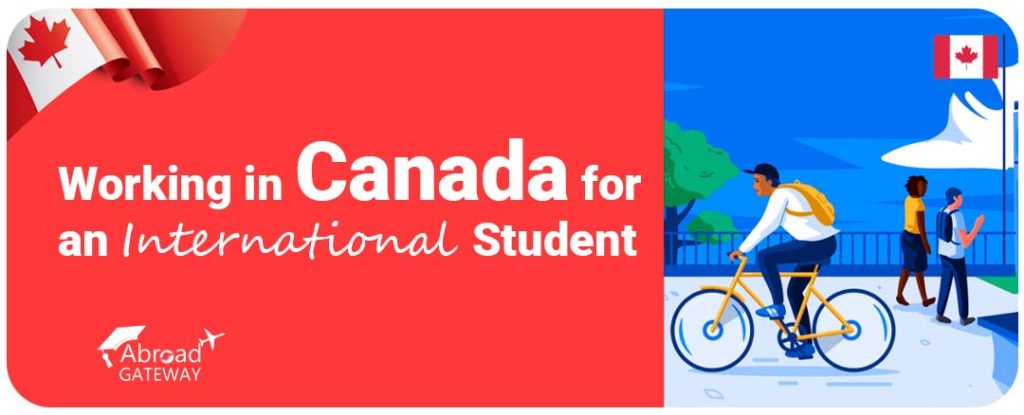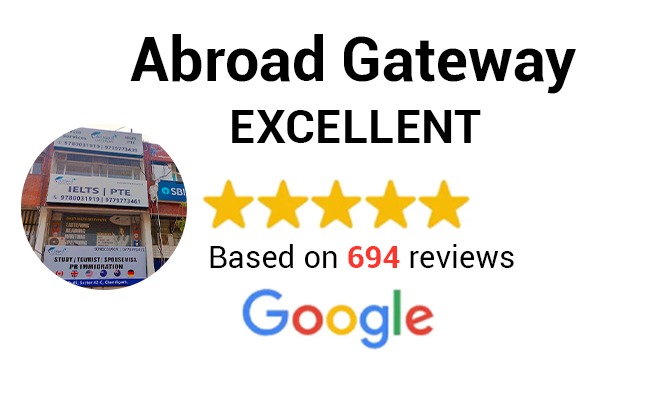Canada has become one of the top destinations for international students—not just for its world-class education system, but also for the unique opportunity to work while studying. Balancing academics with part-time work allows students to gain valuable experience, earn extra income to support living expenses, and build professional networks for future career growth. However, understanding the rules, eligibility, and benefits of working in Canada as an international student is essential before you begin.
In this guide, we’ll walk you through everything you need to know about student work rights in Canada, from on-campus and off-campus opportunities to post-graduation pathways that can shape your future career.
Working as a Student in Canada
1. On-Campus Employment
You can work on campus if you are a post-secondary student and studying full-time in a public or private educational institution or a Canadian private school that can legally give a degree.
You must have a valid study permit and Social Insurance Number (SIN) to be able to work on campus.
2. Off-Campus Employment
If you are interested in working outside the college or university campus, then you need to fulfil some eligibility criteria. You need to have a valid study permit and SIN number, apart from being a full-time student at a college or university. Also, the duration of your course should not be less than 6 months.
If you are on an approved leave or changing universities and are currently not studying, then you cannot avail of this facility.
It is great that students can work off-campus from the time classes start and work up to 20 hours per week during the semester. Also, you can have full-time employment during summer or winter breaks, too.
3. Employment Post Completion of the Program
There are numerous opportunities to work and gain relevant experience in Canada after you complete your course. An international student could get two types of work permits in Canada after completing the course: Open Work Permits and Employer-Specific Work Permits.
Open Work Permits
This permit allows you to get employed by any employer who is eligible and is not on the list of employers who do not comply with the norms. Also, if the employer offers unethical services like erotic massages, dances, escorts, or striptease, then you cannot work for him or her.
This permit is not specific to a job type; thus, the employer does not need the labour market impact assessment. Also, the evidence that he or she has offered employment through a valid employment portal and has paid the employer compliance fee is not mandatory in this scenario.
Employer-Specific Work Permits
This permit lets you work as per the conditions or restrictions of your work permit. It requires your employer to get a positive LIMA report before the submission of your application. Also, he or she needs to give you that report along with the job offer letter before submission of the application so that you can get a work permit.
These work permits allow you to work under specific conditions, for example, the duration of work, the name of the employer, or the location of work.
There are certain eligibility criteria to be able to have this work permit, which are mentioned below:
- The immigration officer should have confidence in looking at your track record and documents that you will go back to your country, and this is not a permanent settlement for you.
- You must have enough funds to live comfortably and take care of all your monetary needs.
- There should be no criminal record, and it must be clear that you are not a threat to society or the country.
- You are working for an employer who is eligible and is not involved in unethical activities like escort services, striptease, etc.
Planning to Study in Canada?
Get expert guidance on your Canada Study Visa today. Our experienced consultants at Abroad Gateway will help you with the right course selection, application process, and visa success strategy.
Book your free consultation now and open doors to studying in Canada, where you can earn while you learn, support your education, and gain hands-on experience before completing your degree.






